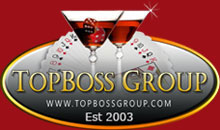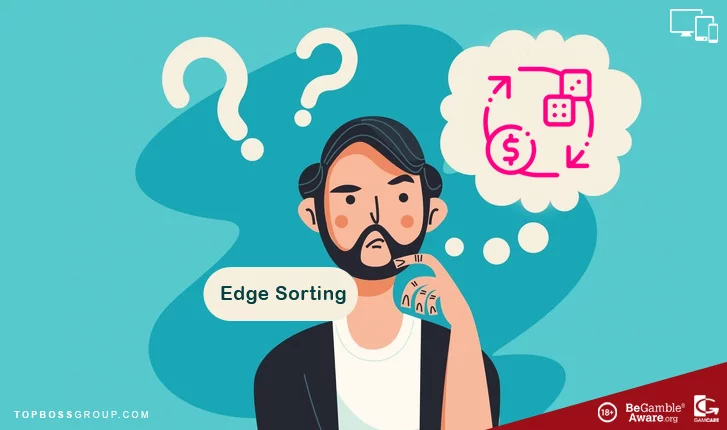Edge sorting is a technique used in what is known as advantage gambling. Advantage gambling can be defined as using legal methods in comparison to actual cheating when playing casino games.
Used mainly when playing house-banked games but is also used in games such as poker. A player who uses this method is known as an advantage player (AP).
Advantage playing exploits the built-in characteristics of a game and gives them an advantage over the casino or players. In the past this technique was not really considered illegal. However, casinos usually discourage this type of play and players have been banned because of it.
Players who use this technique try to determine if a card will be low or high by studying the differences on the backs of the cards. This is done with the help of a casino employee such as a dealer, who will unwittingly sort the cards from low to high.
Edge sorting is a strategy used by some gamblers to gain an advantage in casino games. Players look closely at the back of the cards to spot small differences that might reveal if the card is likely to be a high or low value.
Is Edge Sorting Legal?
In 2012 Edge Sorting came to the fore when a world-famous poker player, Phil Ivey, found a resourceful and innovative way of exploiting the game. Little did he know that it was also going to be deemed illegal.
Games like baccarat which was made famous by James Bond is a casino game based on chance and players require no special skill or strategy to play. Blackjack on the other hand is a game where a player will increase their chance of winning by using a good strategy.
In 2012 Ivey played Baccarat at various casinos in New Jersey and Britain and he won huge amounts of money. With the four times he played in Atlantic City at the Borgata Casino and Spa he won around $6.9 million. And then the two visits to Crockfords in London where he won over $10 million.
His huge winnings prompted both casinos to launch an investigation. It was discovered that Ivey had used edge sorting, and this is how he was able to pick out the good cards using the patterns on the back of them. The casinos argued that he had cheated.
Ivey retaliated and maintained that he had used edge sorting but that he believed it was not cheating and was a legitimate technique used in casinos.
Courts Deem Edge Sorting Illegal
Ivey’s case was taken to the federal court that voted in favour of the Borgata. He was instructed to return the winnings he received from them. The judge said it wasn’t fraud, but that it also wasn’t really cheating, but the casino could keep the money.
Ivey filed a lawsuit against Crockfords in a court in Britain for unlawfully withholding his winnings. After many appeals, the court ruled in favour of Crockfords and Ivey did not receive his payout from them. The Supreme Court ruled that Ivey had cheated and that they did not have to pay Ivey his winnings.
The court said in their findings that in their perspective, Baccarat is a game of chance and that the cards that are dealt during a game are completely random and a player should have no knowledge of the cards.
They said that Ivey knew exactly what he was doing and that he planned and carefully executed his plan. Ivey still maintains his innocence.


Comments are closed.